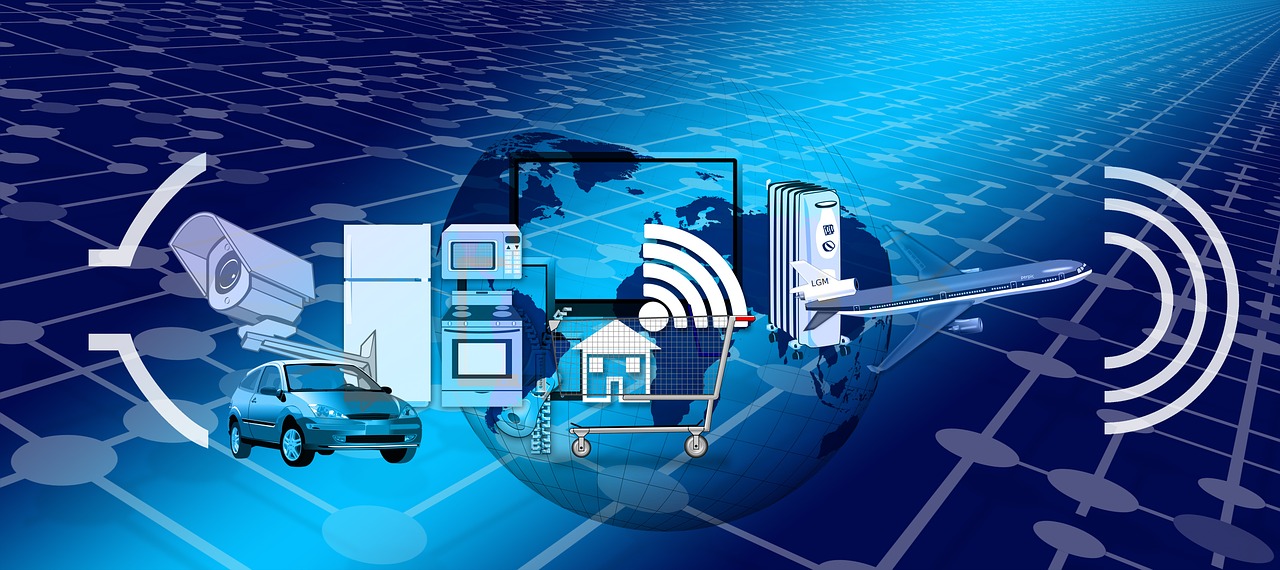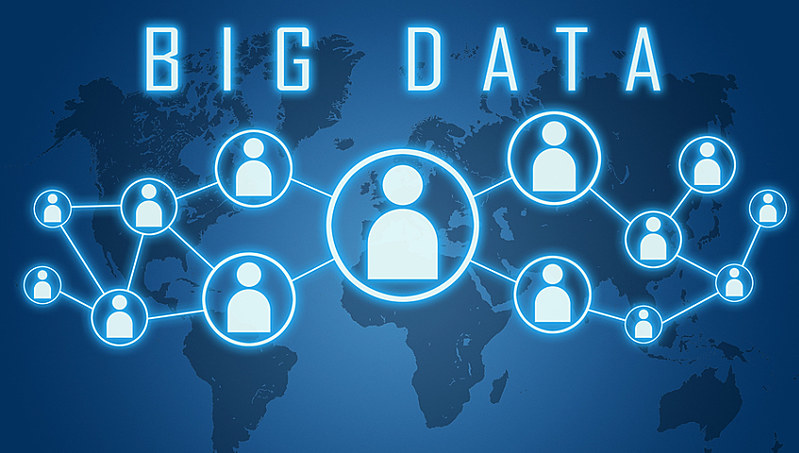In the modern world of smart devices and the Internet, we can see the needs and expectations of tourists: cost, variety, and comfort play an important role for each traveler.
Indeed, today you can book a hotel, buy a flight ticket or reserve a table in a restaurant in a few seconds – you just have to go online. In the same way, you can rent a car for your trip. For example, you need a list of available rental cars in Dallas Love Field. For this, you can visit 14cars.com, fill out the search form and immediately receive offers from several companies at once. You can be sure of getting the best rental cars in Dallas Love Field since you’ll be able to compare deals on different parameters. This example says that traveling is becoming easier year by year.
Despite the fact that Internet technologies are already at a high level, significant growth and improvement of the travel industry is expected in the near future. This will be possible thanks to several modern technologies. Let’s check them now!
Internet of Things (IoT)

The Internet of things is the interaction of electronic devices capable of sending and receiving data via the Internet. This technology is developing so fast that, according to experts, now there are more than 26.6 billion devices connected to the Internet of things.
However, people can’t interact directly with the Internet of things, as we don’t have processors like a computer. But we do have mobile devices through which we can exchange digital information.
It’s through this communication channel that tourists can adapt various aspects of their travel for themselves. It can be some simple actions: set the temperature in the room, order room service in advance, turn the lights on or off, receive real-time flight status alerts.
Mobile technology

According to GSMA, more than two-thirds of the world’s population uses the services of mobile operators. This fact shows how important mobile technologies are for modern tourists. 33% of travelers book tours, hotels and tickets via mobile devices, while 62% admit that electronic tickets and boarding passes significantly simplify the trip. Among them, 46% say that the availability of electronic services affects the choice of airline.
The mobile device becomes a personal assistant during the trip and a means of continuous personal interaction. It allows you to choose various options for services depending on personal preferences or the location.
Artificial Intelligence

Artificial intelligence (AI) is our universal pass that opens all doors to understanding how to provide an individual approach to each traveler. Modern AI systems eliminate the need to be constantly ready to respond to a client’s request: they allow to predictively rely on forecasting tools, that is, systems that can offer the best time to buy plane tickets and book hotel rooms or the best time of the year to travel to the selected country.
If we constantly supply the AI system with new information, train it, give it access to relevant databases, the possibilities of personalizing the service will become almost limitless.
Big data

According to IBM research, 90% of all information has been generated in the last two years. The methods of transmitting, analyzing, and using information have developed to such an extent that working with Big Data technology has become a common practice.
Access to data benefits not only customers – travel agencies can use data to better understand which approaches work and which don’t. Data is the fuel for marketing in the twenty-first century.
So, in the travel industry, it’s possible to predict the future actions of tourists even before they decide what they will do. This is achieved by using predictive analytics and analysis of complex data blocks, such as travel history or demographic characteristics. In order to use all this data, we need access to great computing power. Partly they can be provided by cloud infrastructure.
Cloud computing

Cloud technology gives us the infrastructure to quickly, cost-effectively and timely process large amounts of data.
This is the so-called glue that connects all participants in the tourism industry, making it relatively easy to move data and content, as well as process information and deliver it as close to the consumer as possible from a geographical point of view.
In the end, cloud technologies have sufficient bandwidth that allows working efficiently even during periods of very high load, and at the same time provide additional benefits to travelers.
As you can see, the tourism industry has an amazing future. Now, during the Fourth Industrial Revolution, the ability to provide a sufficiently high level of service will be based on the ability to apply all of the above-mentioned technologies in practice. The major task is to demonstrate proper entrepreneurial acumen and not to miss the opportunities that are opening up to us thanks to new technologies.















Comments